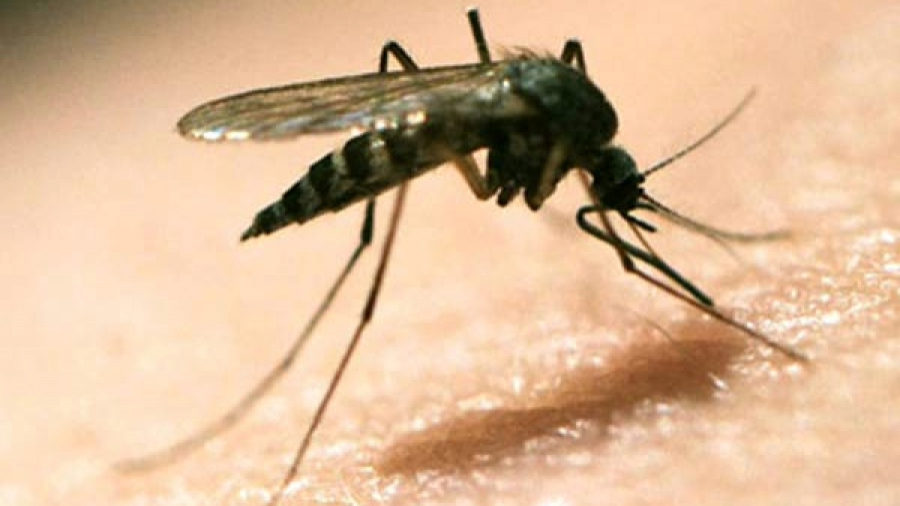Fighting Next gen Dengue
Dengue, a globally significant viral infection transmitted by mosquitoes, remains a substantial health threat, causing an estimated 390 million infections annually. In the WHO PAHO region, there has been a noteworthy increase, with 550,277 suspected cases reported in the first four weeks of 2024, indicating a significant surge of 189% compared to the corresponding period in 2023. Given that nearly half of the global population is at risk, the urgency for innovative strategies in addressing the evolving landscape of this disease, covering prevention, diagnosis, and treatment, is paramount. This article explores cutting-edge methodologies and collaborative initiatives designed to combat the next generation of dengue, with a focus on technological advancements, public health initiatives, and breakthroughs in research.
Technological Innovations: AI-Driven Predictive Models: Artificial Intelligence (AI) plays a crucial role in predicting and preventing the spread of dengue. Researchers and technology companies leverage machine learning algorithms to analyze extensive datasets, encompassing climate patterns, human mobility, and mosquito habitats. These AI-driven models forecast potential dengue outbreaks, allowing for timely and targeted interventions.
Smart Mosquito Traps: Traditional mosquito control methods often prove insufficient in curbing dengue transmission. Smart mosquito traps, equipped with sensors and connectivity options, have emerged as transformative tools. Utilizing technologies like infrared sensors and machine learning, these traps can identify and target Aedes mosquitoes, responsible for transmitting dengue. Some traps can even send real-time data to a central system, enhancing monitoring and control efficiency.
Innovative Testing Methods: The next generation of Dengue Diagnostics incorporates rapid, accurate, and cost-effective tests, including nucleic acid amplification tests (NAATs) and point-of-care devices. These advancements facilitate early detection and timely intervention.
Gene Editing Techniques: Advanced gene-editing technologies, such as CRISPR-Cas9, are under exploration to address dengue at its root. Scientists are researching the modification of mosquito genes to confer resistance to the dengue virus. This innovative approach, known as gene drive, aims to reduce the mosquito population and, consequently, dengue transmission.
Public Health Initiatives
Community Engagement and Education: Controlling next-gen dengue involves active community participation and awareness. Public health initiatives concentrate on educating communities about preventive measures, emphasizing the importance of proper waste disposal to eliminate mosquito breeding grounds, and promoting the recognition of early dengue symptoms. Community engagement fosters a sense of responsibility and collective action, strengthening the front against the disease.
Integrated Vector Management is a comprehensive approach that combines various strategies to control mosquito populations, including the use of insecticides, biological control agents, environmental management, and community involvement. It promotes sustainable and environmentally friendly practices, minimizing the impact on non-target species while effectively reducing the mosquito population.
Dengue knows no borders, and controlling its spread requires international collaboration. Countries in dengue-endemic regions are increasingly sharing information, resources, and best practices to enhance their collective response. Collaborative efforts involve joint research projects, sharing epidemiological data, and coordinating strategies to combat the global menace of dengue.
Research Breakthroughs
Vaccine Development: The development of an effective dengue vaccine is a pivotal milestone in the fight against the disease. Advances in vaccine research have resulted in the introduction of the Dengvaxia vaccine, the first-ever approved dengue vaccine. Ongoing research aims to improve vaccine efficacy, address concerns about serotype-specific immunity, and explore new vaccine candidates.
Antiviral Therapies: Although there is currently no specific antiviral treatment for dengue, research is actively underway to identify potential antiviral drugs. Scientists are exploring compounds that can inhibit viral replication or modulate the host immune response to enhance recovery. Targeting the virus directly could prove to be a valuable tool in managing severe dengue cases.
Serological Tests and Point-of-Care Diagnostics: Early and accurate diagnosis is crucial for effective dengue management. Next-gen serological tests and point-of-care diagnostics are making diagnosis more accessible and efficient. These tests can rapidly detect dengue antibodies or antigens, allowing for quick identification of infected individuals and facilitating prompt medical intervention.
The fight against next-gen dengue necessitates a multifaceted approach that integrates technological innovations, public health initiatives, and research breakthroughs. The incorporation of AI-driven predictive models, smart mosquito traps, and gene-editing techniques represents a technologically advanced front in mosquito control. Public health initiatives focusing on community engagement, integrated vector management, and cross-border collaboration strengthen the societal response to dengue. Meanwhile, ongoing research into vaccines, antiviral therapies, and diagnostic tools provides hope for more effective prevention and treatment strategies. As we navigate the complexities of next-gen dengue, a collaborative effort involving governments, researchers, technology developers, and communities is essential. By combining our collective knowledge, resources, and determination, we can work towards a future where the persistent threat of dengue can be envisioned.
Source

